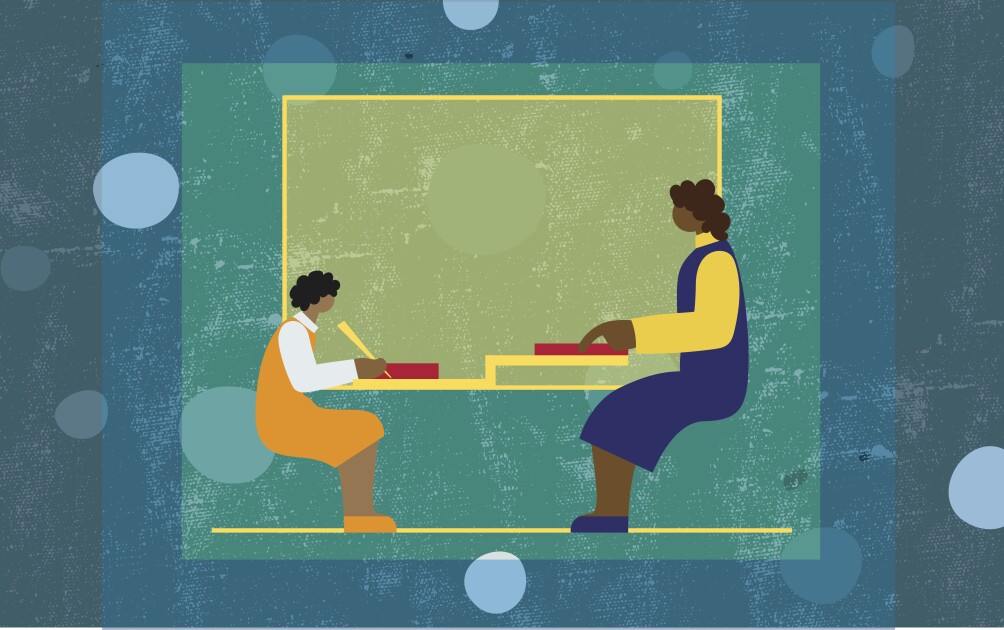Our educational system, historically a major engine for equal opportunity and a pathway to the American Dream, is under severe stress. Along with it, the working- and middle-class and immigrant dream of rising out of economic anxiety is evaporating, as our public education system, from preschools through public universities, has lost broad support.
This is evidenced by declining state commitments to public education—relative to health-care and prison expenditure—by property-tax caps in communities and states that affect the quality of schools, and by expenditure cuts rather than tax increases at the federal level of the kind we just witnessed in the debt-ceiling agreements. We make decisions and deals like these at our peril.
Primary and secondary schools have to adjust by reducing expenditures, which in almost all cases translates into reduced quality and programs. Colleges and universities can partly compensate by increasing tuition and fees, but this puts at risk commitments to equal access, with lower-income students not able to afford these increasing costs.
Trends like these that result from cutbacks in government support for public education are such an unfortunate step back for the United States, a nation that came early to universal primary and secondary education, both publicly funded and free.
I fear that we will only reinforce our growing income disparity if our long-term governmental approach becomes avoiding revenue increases by making cuts in areas such as education."
Of course, declining support for education at all levels has been exacerbated by the recent recession. As a result, regrettably, the state of the economic recovery seems to have become the most important factor affecting public education. A stronger economy would increase tax revenues with no changes in tax policies and family incomes, both of which would relax pressures on the education sector at all levels. And while there are major ideological debates about the role of government policies in promoting economic recovery from recession, we can perhaps agree that the government should avoid making matters worse through the kind of political squabbling that led to the summer’s debt-ceiling crisis and the uncertainty it inflicted on the economy.
Amidst their squabbling, Democrats and Republicans repeatedly invoke the power and importance of the American Dream in sustaining our future prosperity. But the American Dream is quietly and unconsciously being replaced by dreams of winning the lottery for many in America. The share of national income earned by the top 1 percent of U.S. families has increased from about 8 percent in 1974 to more than 18 percent in 2007.
This has not been a story of a rising economic tide lifting all boats in the United States over this time period. Other countries have experienced similar economic growth, without the increase in income inequality: The increased inequality was not a precondition for our economic growth, but a policy choice. I fear that we will only reinforce our growing income disparity if our long-term governmental approach becomes avoiding revenue increases by making cuts in areas such as education.
Education confers on individuals both personal and financial benefits. As we know, people with more education earn more and are less likely to be unemployed. Unequal access to educational opportunities among different members of our society, particularly by income, significantly erodes our commitment as a nation to the concepts of equal opportunity and socioeconomic mobility.
In this light, consider the consequences of data released this year on comparative international educational standards, which suggests that we are falling further behind other countries in reading, math, and science education—our generation’s Sputnik moment, according to President Obama. This is something the wealthy can protect themselves from, sending their children to private K-12 schools. Not so for people of more modest means. They have significantly fewer options, relying primarily on their local public schools. And low-income students are then less likely to go on to college, even factoring for academic ability.
This is why there’s so much at stake when cost-cutting on key social investments, such as public education, becomes a political habit during difficult economic times.
And at this time when the income disparity in our country is already growing, increasing inequality will ultimately put pressure on the social cohesion of our nation. Commitment to our country’s institutions and egalitarian values depends on individuals feeling that these institutions and values serve their interests and welfare. There’s no more crucial example than our education system, which history has shown to be America’s most effective engine for greater social equality and a real path to the American Dream.







